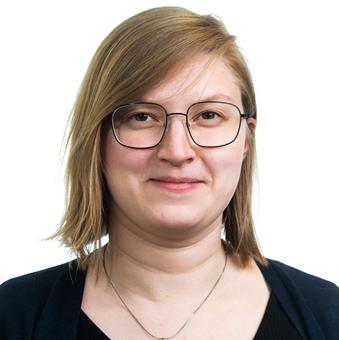OpenSpace is open-source software that aims to visualize the entire known universe in accurate three-dimensional space. It is mature science visualization software that can be used by anyone to tell stories about the cosmos and our place in it.
One of the aspects of OpenSpace of great interest to astrophysics researchers that has not received much recent attention is the volume rendering of complex simulation datasets, such as adaptive mesh refinement (AMR) hierarchical grids, commonly used in cosmological models explaining the origin of structure in the universe, star formation models explaining the origin of our own planetary system, and models of exploding supernovae explaining the origin of heavy elements.
Astrophysicists already use freely available tools, such as yt, for visualization of large AMR grids with intelligent memory management, only loading in to main memory the data needed for a given visualization. However, yt lacks the features required to integrate with immersive display environments, such as dome theaters, or the ability to load different datasets into a single, consistent scene description.
The goal of this thesis is to enable ingestion of visualizations of astrophysical simulations made using yt into the OpenSpace framework. By using the capabilities of yt rather then reimplementing them, we can combine the functionalities of these two powerful software packages, using each where it excels. This approach has been previously used to combine the molecular rendering engine VIAMD with OpenSpace (paper).
This project will require familiarity with rendering techniques, Python, C++, and visualization.
Application
Please send an email indicating your interest for this or other thesis works to emma.broman@liu.se including your CV/LinkedIn and a Ladok transcript of courses until EOD October 5. If you are already a pair wanting to work on the thesis together or you are interested in multiple thesis works, a single email will suffice. Applications are accepted on a rolling basis.

